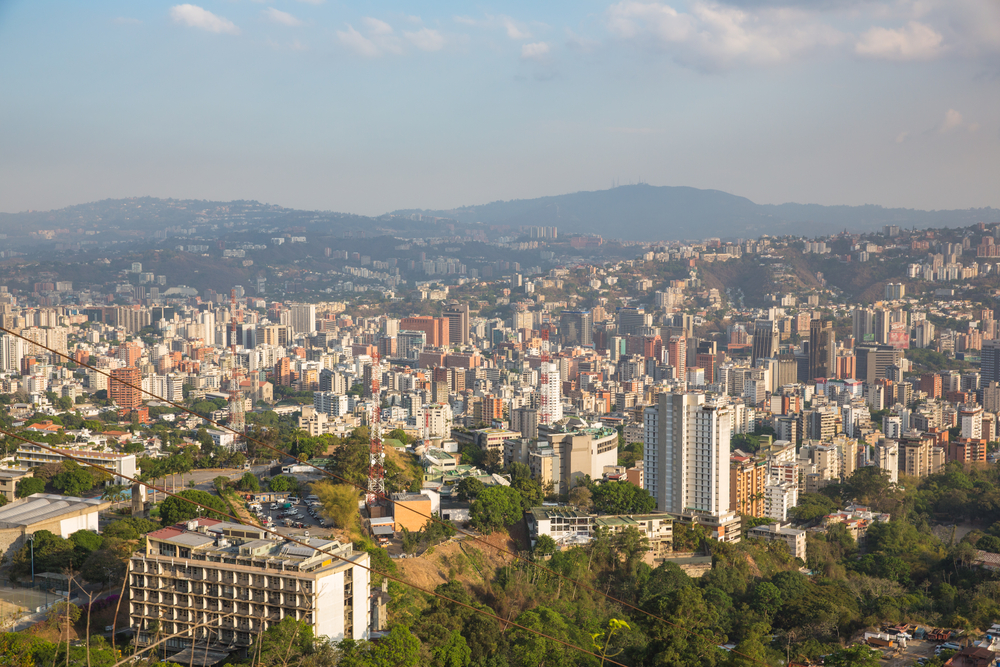Venezuela plunged into darkness early Friday morning as a massive blackout affected at least 20 of its 23 states, underscoring the country’s ongoing struggles with its fragile electrical infrastructure.
This latest power outage is part of a broader pattern of recurring electrical failures that have plagued the nation in recent years, further exposing the vulnerabilities of a country already deep in political and economic turmoil.
Amidst this crisis, opposition voices are growing louder, denouncing the government’s response as yet another instance of political mismanagement.
Government’s response: ‘Sabotage’
Venezuela’s Minister of Communication, Freddy Ñáñez, swiftly acknowledged the blackout, attributing it to “sabotage.”
This explanation fits a familiar narrative employed by President Nicolás Maduro’s regime, which often blames external forces for the country’s systemic failures.
Ñáñez said, “At 4:50 a.m. today, we have once again fallen victim to an electrical sabotage affecting various states of the country, including Greater Caracas.”
He assured the public that a special operational plan was in place to restore services.
However, this rhetoric has done little to ease public frustration.
Critics argue that the government’s consistent claims of sabotage are a diversion tactic meant to deflect responsibility from the regime’s mismanagement of the country’s infrastructure.
The Maduro administration’s narrative of external threats is seen by many as an attempt to maintain control and suppress dissent, rather than addressing the root causes of the electrical system’s decay.
Frequency of blackouts in Venezuela
Blackouts have become a distressingly regular occurrence in Venezuela, disrupting nearly every aspect of daily life.
These power outages affect telecommunications, internet connectivity, water pumping, and other essential services, leaving millions of Venezuelans in a state of perpetual uncertainty.
The situation is particularly dire in the state of Zulia, once known for its oil wealth.
Zulia has been grappling with severe electricity shortages for over 15 years, with recent temperature spikes exceeding 40 degrees Celsius, further intensifying public frustration and health risks.
The frequency and severity of these blackouts have sparked widespread civil unrest.
In 2023 alone, the Venezuelan Observatory for Social Conflict (OVCS) documented 416 protests across the country directly related to electrical failures, highlighting the deepening public discontent and the urgency of the situation.
As power outages continue to disrupt daily life, Venezuelans have increasingly turned to social media to voice their anger and frustration.
Many dismiss the government’s sabotage claims as a cover-up for years of neglect and poor governance.
The lack of transparency and accountability in addressing these persistent issues has led to a normalization of the crisis, with the non-governmental organization Provea warning against becoming desensitized to the nation’s ongoing challenges.
This blackout is not an isolated incident. Venezuela has a history of massive power outages, most notably in March 2019, when the country endured a nationwide blackout that lasted nearly a month.
The recurrence of such events highlights the chronic issues within the country’s electrical infrastructure and the urgent need for a sustainable solution.
The post Venezuela blackouts: Power outage hits Caracas and over 20 states appeared first on Invezz
